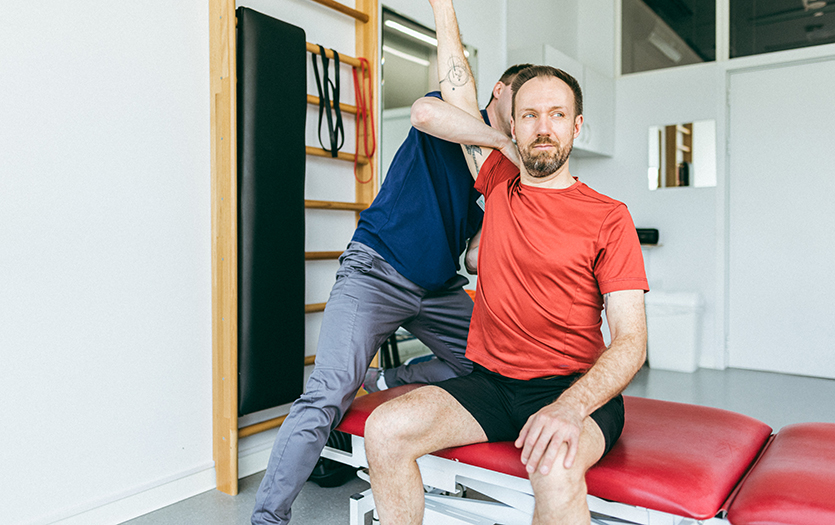
Establishing positive habits can significantly impact various aspects of your well-being and play a crucial role in the maintenance of strong, healthy bones. Although developing low bone density is, in part, already determined due to genetics and other factors, there are many things you can do to develop strong bones and help prevent osteoporosis.
Making healthy choices
Here are some healthy habits you can establish that will contribute to your overall well-being as well as help you develop strong bones and slow the loss of bone density.
Diet and Vitamin D – Eat foods with plenty of calcium and vitamin D. Yogurt, cheese, milk and dark green vegetables are high in calcium. Eggs, fatty fish, cereal and fortified milk are high in vitamin D. You can also spend a little time in the sun for the vitamin’s beneficial properties.
Regular exercise – Exercise is important for having strong bones, because bone forms in response to stress. Weight-bearing exercises such as walking, hiking and dancing are all good choices. Adding exercise with light weights or elastic bands can help the bones in the upper body. Talk to your doctor or a physical therapist about starting an exercise program.
Limit alcohol – Keep the number of alcoholic drinks to two drinks a day for men and one drink a day for women. Too much alcohol can cause health problems.
Do not smoke – Smoking can make bones thin faster. If you need help quitting, talk to your doctor about stop-smoking programs and medicines. These can increase your chances of quitting for good.
Your bones don't reach their greatest density until you are about 30 years old. So, for people younger than 30, anything that helps increase bone density will have long-term benefits. If you're older than 30, it's still not too late to make these lifestyle changes.
Low bone density is considered a “silent” disease because it has no symptoms, so it’s important to prevent and treat it by following the recommendations outlined above and knowing your risk. If you have concerns about your bone health, help is just a phone call away. Contact your primary care provider or our orthopedics team.
Copyrighted material adapted with permission from Healthwise, Incorporated. This information does not replace the advice of a doctor.




